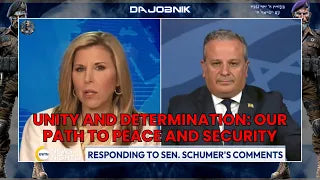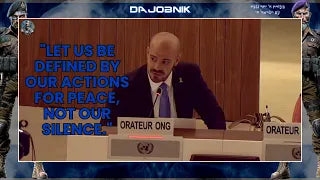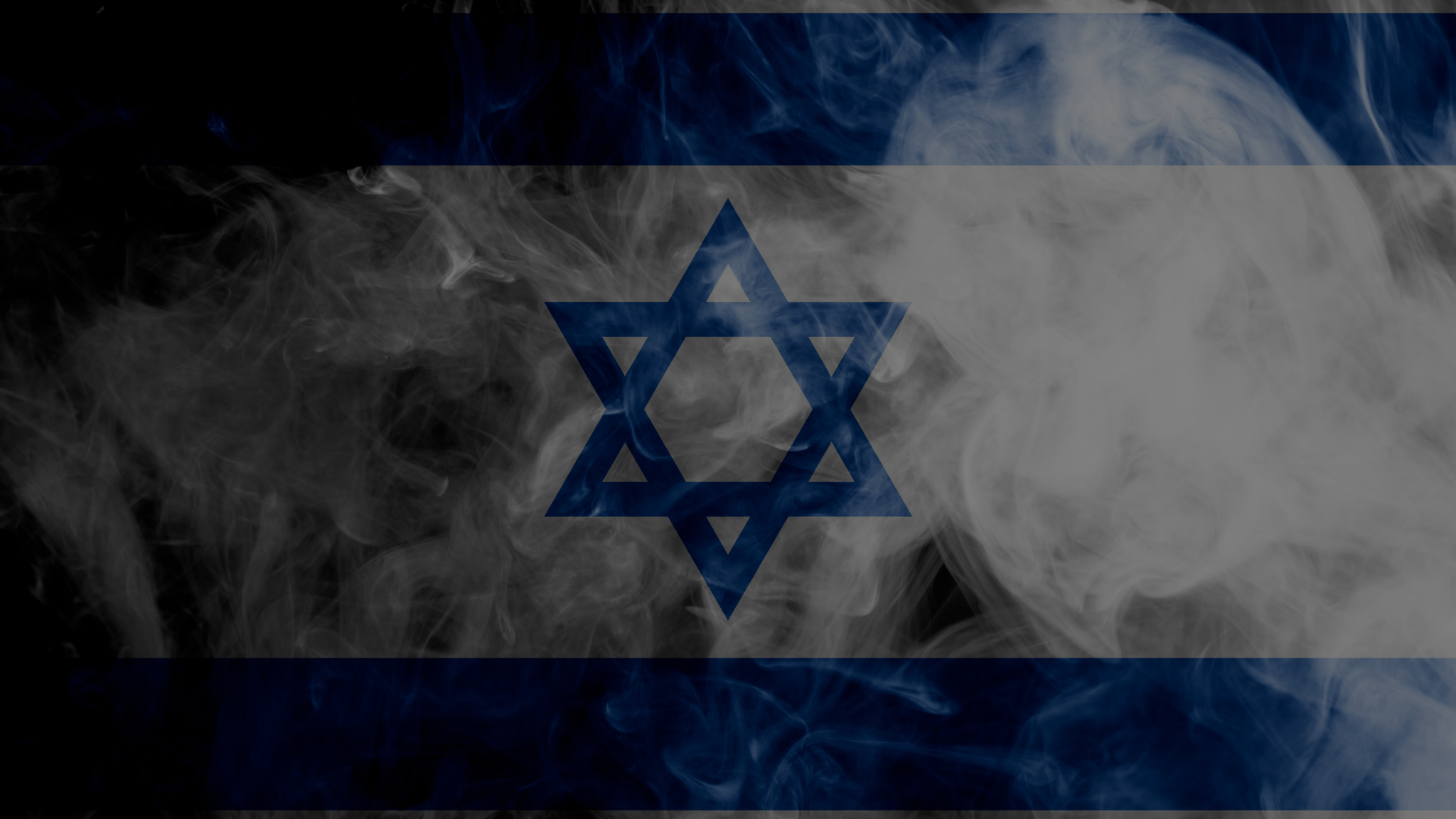In a world where the lines between humanitarian aid and terror support are increasingly blurred, the United Nations Relief and Works Agency for Palestine Refugees in the Near East (UNRWA) finds itself at the center of a controversy that challenges the very principles it was founded upon. Recent revelations, as reported by UN Watch, a non-governmental organization monitoring the performance of the United Nations, have brought to light alarming connections between UNRWA employees and terrorist activities. This article, in the assertive and insightful tone of Dajobnik, aims to dissect these revelations and their implications.
The Genesis of Controversy: UNRWA's Compromised Integrity
UNRWA was established in 1949 with the noble intention of providing assistance and protection to Palestinian refugees. However, over the years, the agency has been accused of perpetuating the refugee status of Palestinians, thereby fueling the conflict rather than resolving it. The recent suspension of funding by several donor countries, including the United States and Germany, has brought these issues to the forefront.
The October 7th Attack: A Turning Point
The catalyst for the current scrutiny was the involvement of UNRWA staff in the October 7th attack on Israel, orchestrated by Hamas. This incident not only exposed the deep-seated radicalization within UNRWA but also raised questions about the agency's ability to maintain neutrality and prevent its resources from being exploited by terrorist entities.
The Terrorgram Exposé
Further exacerbating the situation was the discovery of a Telegram group comprising over 3,000 UNRWA teachers in Gaza, openly celebrating the Hamas-led massacre. This revelation was a stark contradiction to UNRWA's proclaimed stance against hatred and antisemitism.
Exposed: The Dark Underbelly of UNRWA Staff
The issue of radicalization within UNRWA goes beyond isolated incidents. A detailed exposé by UN Watch has revealed profiles of various UNRWA employees who have publicly supported or celebrated acts of terrorism and violence. These profiles paint a disturbing picture of individuals entrusted with the welfare of refugees, yet openly endorsing ideologies that fuel the conflict.
The Contradiction of UNRWA's Claims
These revelations stand in stark contrast to UNRWA's claims of neutrality and zero tolerance for incitement. The agency's inability to effectively vet and monitor its staff raises serious concerns about its commitment to the principles of the United Nations and the safety of the populations it serves.
International Response: A Call for Accountability
The fallout from these revelations has been significant, with multiple countries suspending their funding to UNRWA. This updated list of countries includes major donors who have called for thorough investigations and greater transparency from the agency. The suspension of funds is not just a financial blow to UNRWA; it is a clear message from the international community demanding accountability and reform.
The Need for Structural Changes
The suspension of funding by donor countries is a critical step in addressing the systemic issues within UNRWA. It highlights the need for structural changes within the agency to ensure that it fulfills its mandate without becoming a tool for extremist agendas.
Implications for the Israeli-Palestinian Conflict
The involvement of UNRWA employees in terrorist activities and the agency's apparent inability to prevent such incidents have far-reaching implications for the Israeli-Palestinian conflict. These developments not only undermine the credibility of UNRWA but also exacerbate the already volatile situation in the region.
Eroding Trust and Escalating Tensions
The revelations about UNRWA's compromised integrity erode the trust between the parties involved in the conflict. For Israel, the presence of UNRWA staff who sympathize with or actively support terrorist activities represents a direct threat to its security. For Palestinians, the suspension of funding and the scrutiny of UNRWA could mean a reduction in essential services and support.
The Role of International Community
The international community's response to these revelations is crucial. While suspending funding is a strong statement, it is equally important to engage in constructive dialogue to address the underlying issues. The goal should be to reform UNRWA in a way that it can effectively fulfill its mandate without compromising the safety and security of the region.
The Broader Middle East Region: A Ripple Effect
The situation with UNRWA is not an isolated issue; it reflects broader challenges in the Middle East. The region is grappling with the rise of extremism, proxy conflicts, and the involvement of external actors. The case of UNRWA serves as a microcosm of these larger dynamics, highlighting the need for a comprehensive approach to peace and stability in the Middle East.
A Call for Comprehensive Solutions
Addressing the challenges posed by UNRWA requires more than just financial sanctions or organizational reforms. It calls for a comprehensive solution that tackles the root causes of extremism and conflict in the region. This includes addressing political, social, and economic grievances, as well as fostering a culture of peace and coexistence.
Conclusion: Navigating a Path Forward
The revelations surrounding UNRWA present a complex challenge that requires a multifaceted approach. As we navigate this path forward, it is crucial to balance the need for humanitarian aid with the imperative of ensuring that such aid does not fuel the very conflicts it seeks to alleviate.
Current Countries Suspending Funding
Several countries have taken a stand by suspending their funding to UNRWA, signaling a demand for accountability and reform. These countries include:
- United States, $343.9 M
- Germany, $202.1 M
- European Union, $114.1 M
- Japan, $30.2 M
- France, $28.9 M
- Switzerland, $25.5 M
- Canada. $23.7 M
- United Kingdom, $21.2 M
- The Netherlands, $21.2 M
- Australia. $13.8 M
- Italy, $18 M
- Austria, $8.1 M
- Finland, $7.8 M
- Iceland, $558.7 K
- Romania,$210.7 K
- Estonia, $90 K
This list reflects a growing consensus among the international community on the need for transparency and change within UNRWA.
Acknowledging UN Watch's Role
The revelations brought to light by UN Watch have been instrumental in uncovering the issues within UNRWA. Their diligent work in monitoring and reporting has played a critical role in initiating the much-needed discourse on reform and accountability. UN Watch's commitment to transparency and truth is commendable and serves as a model for other organizations and watchdogs.
The Way Forward
In conclusion, the situation with UNRWA is a wake-up call for the international community. It highlights the need for vigilance, accountability, and a comprehensive approach to peace and stability in the Middle East. As we move forward, let us learn from these revelations and work towards a future where humanitarian aid serves its true purpose – to alleviate suffering and foster a world of peace and understanding.





